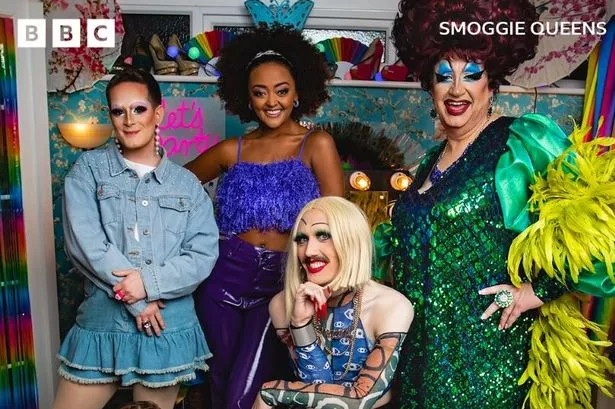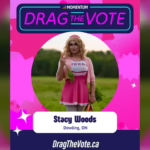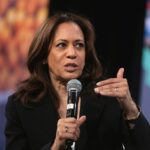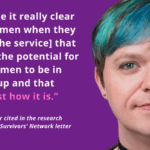Drag Queen Story Hour, LGBT+
Why is the BBC obsessed with drag queens?
Despite widespread unpopularity with viewers, dropping from 41,000 viewers to 30,000 viewers over the first two episodes, the award-winning (of course!) sitcom Smoggie Queens has been renewed for a second series, according to BBC Three and BBC iPlayer. The show, which is about a “chosen family” of LGBT friends, relentlessly mocks the traditional values that built the BBC to begin with.
The show’s premise is a group of people who have rejected their actual family in favor of the other LGBT folks. One character left his family to pursue cross-dressing and is portrayed with great sympathy. An elderly relative in one episode is mocked for “misgendering” a celebrity. One episode made the “glitter family” message explicit, ending with a poem celebrating how “queers” can replace traditional family structures.
The good guys are the “queers”; the bad guys are the parents who don’t want their son wearing dresses, or the older person who correctly identifies the sex of someone who is insisting otherwise.
Even critics have noted how heavy-handed the messaging is, but the BBC is leaning into the show. Smoggie Queens is revolutionary – not in the sense that it is great art, or even good art, but in the sense that it is a deliberate attempt to subvert whatever remains of gender norms, the natural family, traditional sexual values, and any other norm you can think of. It is worth remembering, here, that this is a taxpayer-funded revolution: the BBC funds its projects through a mandatory license fee levied on British households.
In other words, traditional families are paying for propaganda that ruthlessly mocks their values. The revolution is top down, and taxpayer funded.
As one commenter noted: “The BBC’s relentless and incredibly aggressive promotion of drag queens across its entire output really is one of the most remarkable phenomena of our age.” Spiked asked the same question in a recent editorial titled, “Why is the BBC so obsessed with drag queens?” As Lauren Smith wrote:
Alien visitors to Earth might be forgiven for thinking that something like 10 per cent of the U.K. population are drag queens. After all, how else could you explain the sheer amount of airtime and column inches that the BBC has devoted to this relatively niche “LGTBQ+” subculture? As former BBC journalist Cath Leng recently pointed out, the U.K.’s state broadcaster seems to be working overtime to produce as much drag content as possible. Currently, on BBC iPlayer, you can watch titles such as RuPaul’s Drag Race UK, Canada’s Drag Race, RuPaul’s Drag Race Down Under, Jamie: Drag Queen at 16 and God Shave the Queens, a behind-the-scenes spin-off of Drag Race…
The BBC’s fictional output hasn’t been spared, either. Since April last year, Auntie has been teasing the upcoming appearance of drag queen Jinkx Monsoon in the next season of Doctor Who. Monsoon’s character will, apparently, be “the Doctor’s most powerful enemy yet.” Judging by the abysmal audience ratings of the last series, the Beeb is clearly banking on Monsoon to lure back lost viewers.
It isn’t just the BBC. Canada’s public broadcaster the CBC, which is also taxpayer-funded, has an almost identical obsession with drag queens. They promoted a 9-year-old “drag kid” who sells merchandise at a Montreal sex shop. They televized creepy drag queen indoctrination of children. They launched a TV show on a “queer, trans-feminine Muslim.” They pushed “drag kids,” and children’s “educational content” on “transphobia” and “polyamory.” And the list goes on.
Why? The answer, I think, lies in the fact that as drag performers admit themselves: “Drag is art. Drag is political. Drag challenges gender norms, pushes the envelope and dares to dream of a world free of homophobia and transphobia.” Drag is a microcosm of LGBT premises. Make drag normal, and you’ve accomplished a revolution. Do it on the taxpayer’s dime while conversely demonizing all those who cling to the old values, and so much the better.








